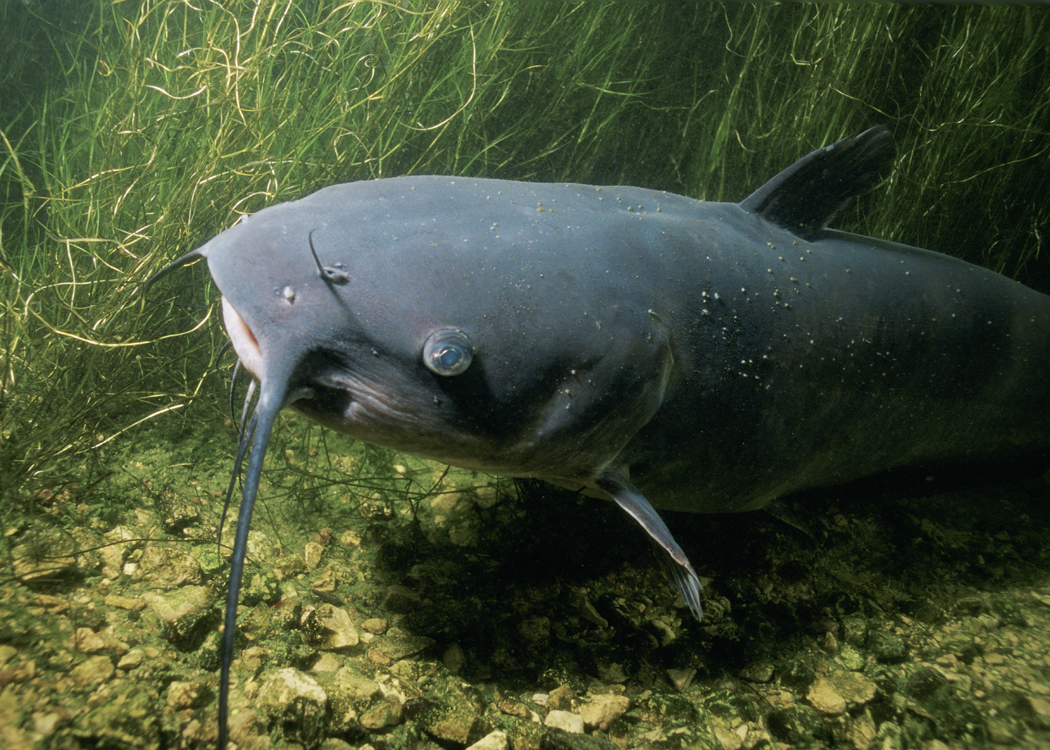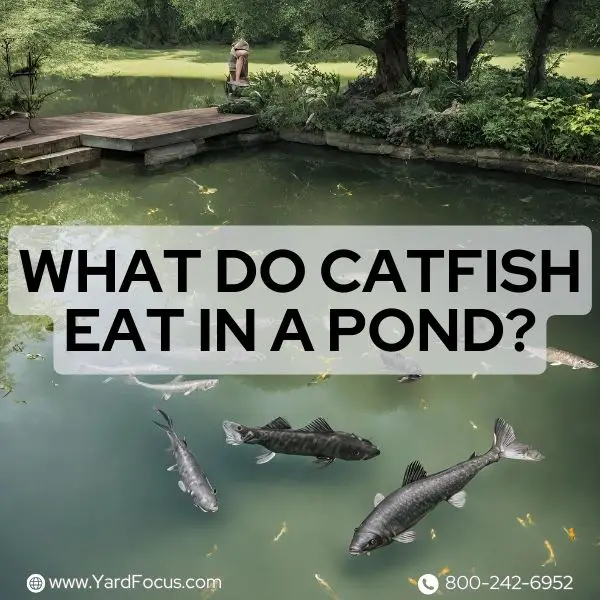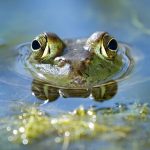Curious about what pond catfish eat? Pond catfish are omnivorous creatures that have a diverse diet. They will eat a variety of foods, ranging from insects and small fish to plant matter and commercial fish feed. Understanding what pond catfish eat can help you maintain a healthy and thriving population in your pond.
1. Natural Diet of Pond Catfish
In the wild, pond catfish primarily feed on aquatic insects, larvae, crustaceans, small fish, and plant material. They are opportunistic feeders, meaning they will consume whatever is available in their environment. This natural diet provides them with essential nutrients and energy to grow and thrive.
1.1 Insects And Larvae
Pond catfish have a particular fondness for insects and their larvae. They will eagerly consume mosquito larvae, dragonflies, beetles, and other small insects that fall into the water. These insects are excellent sources of protein and essential nutrients for catfish.
1.2 Small Fish And Crustaceans
As opportunistic feeders, pond catfish will also prey on small fish and crustaceans in the pond. They will hunt for minnows, tadpoles, and crayfish, among other aquatic creatures. This predatory behavior helps control the population of smaller fish species in the pond.
1.3 Plant Material
While pond catfish are primarily carnivorous, they also consume plant material as part of their diet. They will nibble on algae, aquatic plants, and decaying vegetation found in the pond. Plant matter provides fiber and essential nutrients to catfish.

Credit: www.youtube.com

Credit: fullserviceaquatics.com
2. Feeding Pond Catfish in Captivity
When raising pond catfish in a controlled environment, such as a pond or aquaculture system, it is essential to provide them with a balanced diet to promote growth and health. Here are some common foods that you can feed pond catfish in captivity:
- Commercial Fish Feed: High-quality commercial fish feed specially formulated for catfish is an excellent option. These feeds contain essential nutrients, vitamins, and minerals to support the growth and development of catfish.
- Live Food: You can supplement the diet of pond catfish with live food such as earthworms, crickets, and mealworms. Live food provides enrichment and mimics their natural hunting behavior.
- Plant-Based Foods: Pelleted feeds with plant-based ingredients like soybean meal and corn can be given to pond catfish. These feeds provide a balanced diet and help fulfill their nutritional requirements.
- Supplements: Occasionally, you can offer vitamin and mineral supplements to ensure that pond catfish are getting all the essential nutrients they need for optimal health.
3. Best Practices for Feeding Pond Catfish
Proper feeding practices are crucial for maintaining healthy pond catfish populations. Here are some best practices to consider when feeding pond catfish:
- Feed Regularly: Establish a feeding schedule and feed pond catfish at the same time each day. Consistent feeding helps prevent overfeeding and maintains water quality.
- Monitor Feeding Behavior: Observe the feeding behavior of pond catfish to ensure they are eating properly. Adjust the feeding amount based on their appetite and growth rate.
- Provide Adequate Nutrition: Make sure that the diet you are offering pond catfish is nutritionally balanced and meets their dietary requirements. Consult with aquaculture experts for specific feeding recommendations.
- Avoid Overfeeding: Overfeeding can lead to water quality issues, such as increased ammonia levels and algal blooms. Feed only the amount of food that catfish can consume within a few minutes.
- Consider Seasonal Changes: Adjust the feeding frequency and amount based on seasonal changes and water temperature. Catfish may eat less during colder months and more during warmer months.
4. Conclusion
In conclusion, pond catfish have a diverse diet that includes insects, small fish, crustaceans, and plant material. Understanding what pond catfish eat is essential for maintaining their health and promoting growth in captivity. By providing a balanced diet and following best feeding practices, you can ensure that your pond catfish thrive and contribute to a healthy ecosystem in your pond.
Remember to observe their feeding behavior, monitor water quality, and consult with experts for specific feeding recommendations. With proper care and nutrition, pond catfish can be a rewarding species to raise in your pond.





